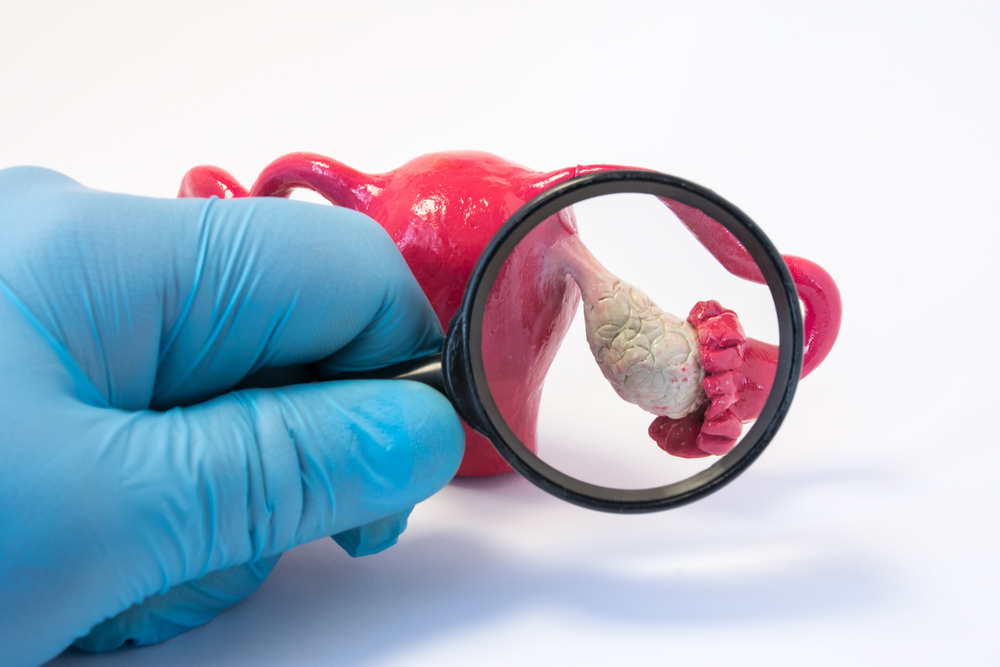Polycystic ovary syndrome (PCOS) is a hormonal disorder that can impact reproductive health, metabolism, and overall well-being. Women’s health doctors specialize in diagnosing and treating conditions like PCOS. They provide comprehensive care that addresses both the immediate symptoms and long-term health implications of this complex condition. Understanding PCOS symptoms and knowing when to seek medical care can lead to better management and improved quality of life.
What Is a Women’s Health Doctor?
A women’s health doctor is a medical professional who specializes in conditions affecting women’s reproductive and hormonal systems. These physicians may be gynecologists with specific training in female health issues. They diagnose and treat conditions such as PCOS, endometriosis, irregular menstrual cycles, and fertility concerns.
What Is PCOS?
PCOS is a hormonal disorder characterized by irregular ovulation, elevated androgen levels, and polycystic ovaries. The condition affects approximately 1 in 10 women. PCOS presents differently in each individual, making diagnosis complex without proper medical evaluation.
The syndrome involves multiple body systems beyond the reproductive organs. PCOS can affect metabolism, cardiovascular health, and psychological well-being. Women with PCOS often experience a combination of symptoms that develop gradually over time.
What Causes It?
The exact cause of PCOS remains unclear, though multiple factors may contribute to its development. Genetics plays a key role, as PCOS often runs in families. Women with mothers or sisters who have PCOS face a higher risk of developing the condition themselves.
Insulin resistance is another factor in PCOS development. This condition causes the body to produce excess insulin, which can trigger increased androgen production in the ovaries. Chronic inflammation may also contribute to hormonal imbalances associated with PCOS.
What Are the Symptoms?
Irregular or absent menstrual periods are common signs of this condition. Some women experience very light periods, while others may have heavy bleeding or prolonged cycles. Additional symptoms include hair thinning or male-pattern baldness and dark skin patches in body creases. Fertility challenges may be experienced, as irregular ovulation makes conception more difficult.
Physical symptoms often include excess hair growth on the face, chest, or back due to elevated androgen levels. Acne and oily skin may occur, particularly along the jawline and chin. Some women with PCOS may experience unexplained weight gain or difficulty losing weight, particularly around the midsection.
How Can a Doctor Help?
Women’s health doctors use comprehensive evaluation methods to diagnose PCOS. The diagnostic process typically involves reviewing a patient’s medical history, conducting a physical examination, and ordering specific blood tests. These tests measure hormone levels, glucose tolerance, and cholesterol profiles to assess overall health status.
Ultrasound imaging may be performed to examine the ovaries for cysts and evaluate their size and structure. Doctors evaluate multiple factors when making a PCOS diagnosis, as no single test can definitively confirm the condition. Treatment approaches focus on managing symptoms and reducing long-term health risks.
Medications like hormonal birth control can regulate menstrual cycles and reduce androgen levels. Lifestyle modifications form another area of PCOS management. Doctors may provide guidance on nutrition, exercise, and other techniques that alleviate symptoms. For women seeking pregnancy, fertility treatments may be recommended.
Talk to a Doctor Today
PCOS requires ongoing medical management to prevent complications such as type 2 diabetes, cardiovascular disease, and endometrial cancer. Early diagnosis and treatment can improve symptom management and long-term health outcomes. Schedule an appointment with a women’s health specialist if you are experiencing irregular periods, unexplained weight gain, or other PCOS symptoms.

